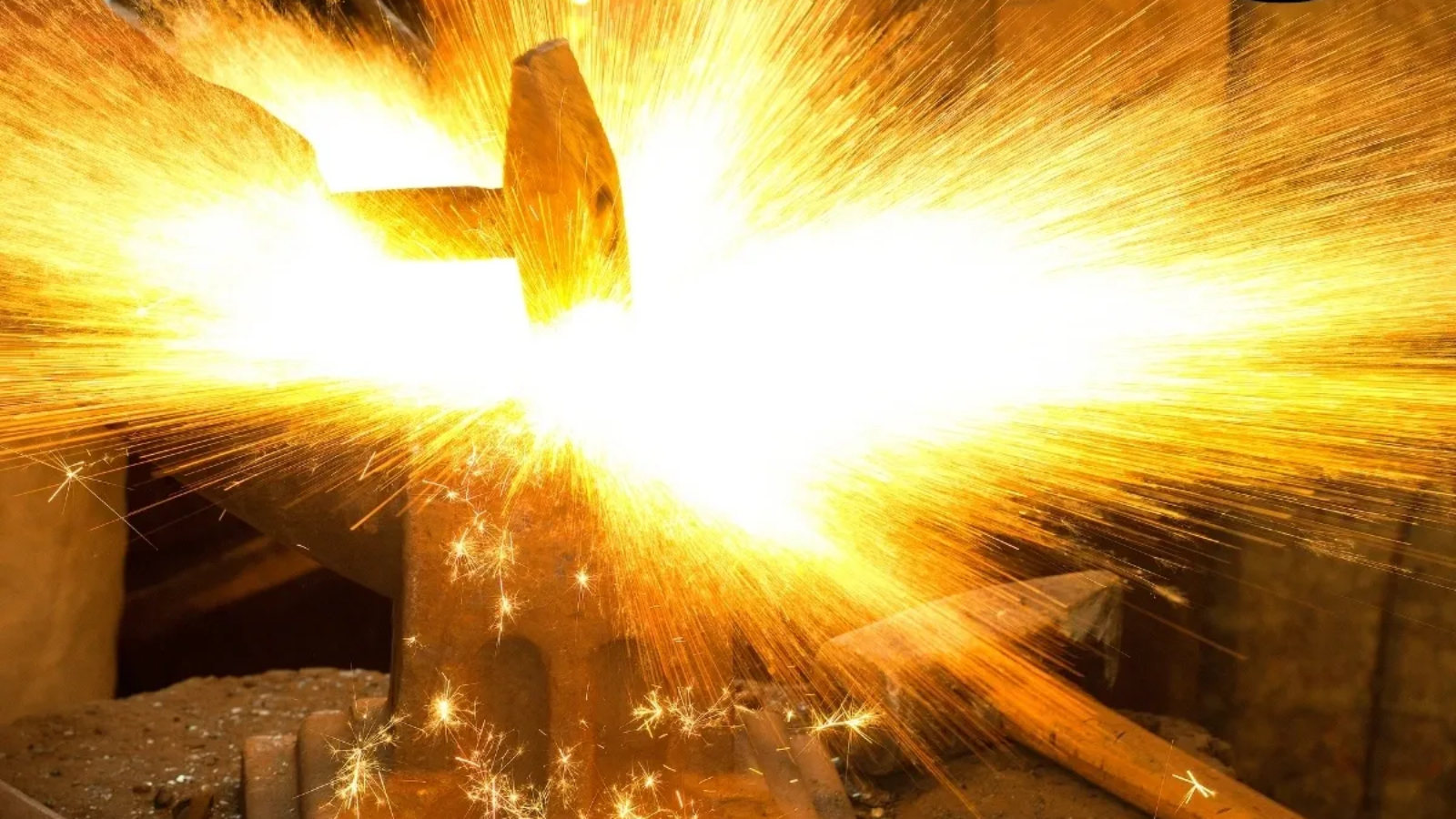One of the earliest creators was the blacksmith, whose occupation has existed since before the Iron Age. The smith forged iron and other metals together to make products, such as weapons and tools. Today, we’re forging entrepreneurial mindsets and creativity through Blacksmith Ventures, our company that’s designed to help grow products, brands, and companies alike. To explore these origins further, here are five things you might not know about the first entrepreneurs from blacksmiths of old.
What Is A Blacksmith?
A blacksmith is a person who makes things from metal by forging, (or crafting) it with hammers and anvils. In ancient times, a blacksmith was not only a maker but also their own seller. If you wanted something forged or crafted, you had to visit them in their workshop.
Why Forge?
If you’re asking yourself Why forge? then you don’t get it. The world has been forged over time to create business and change lives. We are forging a way to make your next product, brand, or company into something that lasts, something that makes a difference. We take what we do seriously but not ourselves. Forge on! is our motto and If it ain’t broke, let’s fix it! is our mind-set.
A Brief History Of Smithing In General
Since blacksmithing involves manipulating fire and metal, as well as occasionally pounding on an anvil with heavy tools, it’s not surprising that it is one of oldest professions in human history. Aside from farming and hunting, there were few other ways to make a living in pre-civilization times. If you had any metal to work with (there was plenty lying around), making tools and weapons was one of your only options.
When Did Smithing Become An Art Form?
Smithing and blacksmithing today are not what they used to be. In recent years, it has been difficult to find a true smith who knows his craft well enough to forge anything from scratch. Instead, most blacksmiths have turned their attention towards fabrication and welding – both of which are great skills but are unrelated to smithing in many ways. The art form is simply no longer practiced in its purest form. But why?
Setting Up Shop In Early America
In Colonial America, there were no established start-up tools that provided seed funding and mentorship. Instead, small business owners had to improvise using their own resources, be it their savings or credit from friends and family. But they couldn’t have done it without risk capital in small amounts from investors who understood that a few failures were part of doing business and would eventually lead to a major success story. These are some of these early American entrepreneurs’ stories.
Where Does Smithing Fit In Today?
In today’s modern economy, new types of smiths have emerged. These include CEOs, founders, and investors. The skills that made a blacksmith successful centuries ago are more important than ever in modern business. While it’s true that smithing is an art form, being a CEO is equally as creative and requires similar skill sets to create your own brand from scratch.
Aren’t All Businesses Creative?
Companies are often referred to as labs or laboratories. But in reality, businesses aren’t labs – they’re factories. They create stuff. Engineers and scientists may work in labs and some business activities may be a little more creative (like naming a product or service), but in general, businesses that want to survive need to look less like artists’ studios and more like manufacturing plants.
Are There Similar Business Models Out There?
Before you begin creating a new product or business model, take a step back and think about whether or not there are similar models out there already. The thinking is that if something has been done before, why would anyone want to buy your version? Of course, there’s room for improvement and innovation within existing ideas, but it’s important to be aware of other products in your market as well.
Are There Any Tools Or Resources We Can Use To Stay Creative?
Online tools and resources have rapidly become available to help entrepreneurs stay fresh, innovative, and innovative. Many founders reference BrainPickings and quotes from Steve Jobs in speeches or on their websites. But perhaps no one is better at forging simplicity out of complexity than startup investor Paul Graham. The co-founder of Y Combinator, Graham helped his early stage companies establish a toolbox of innovation techniques that could be applied when a founder is feeling stuck.

